EM@3AM: Stercoral Colitis
EMDocs
JANUARY 11, 2025
Well keep it short, while you keep that EM brain sharp. Clinical exam: 2, 3, 9 Abdominal distension and tenderness Nausea and vomiting Stool present in the rectal vault Peritonitis may be accompanied by hemodynamic instability in the case of sepsis. May still be passing small amounts of stool and flatus.

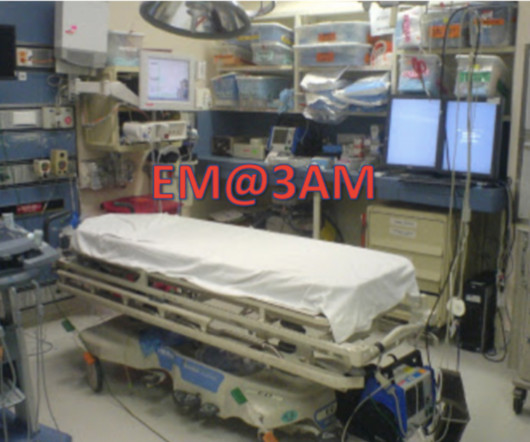

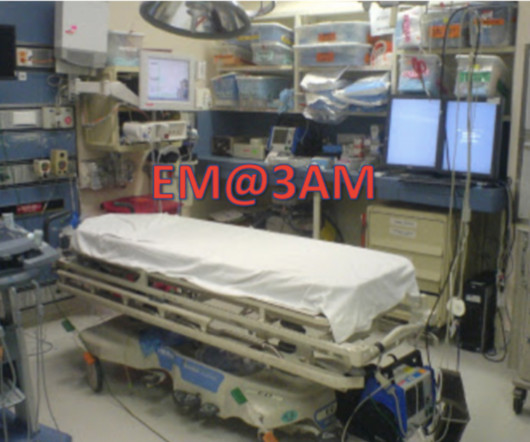














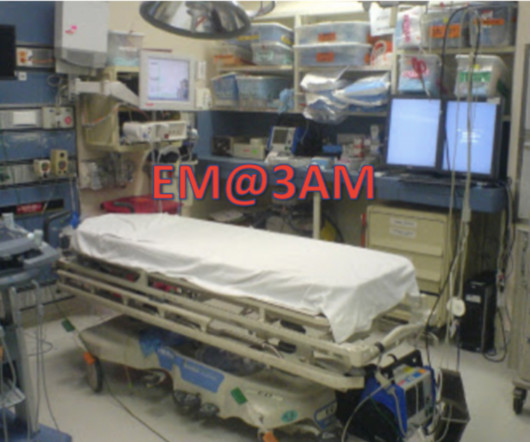



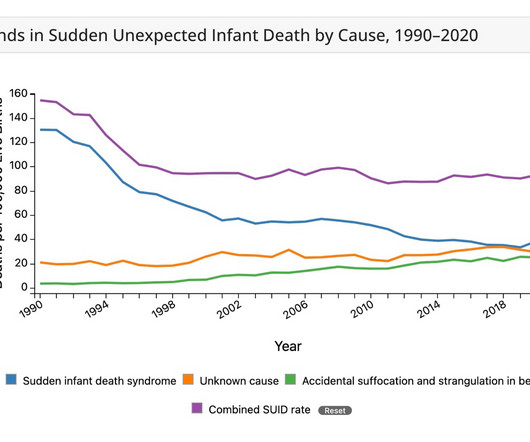


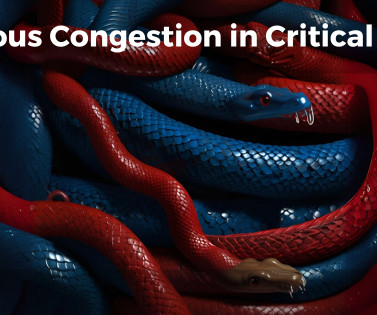

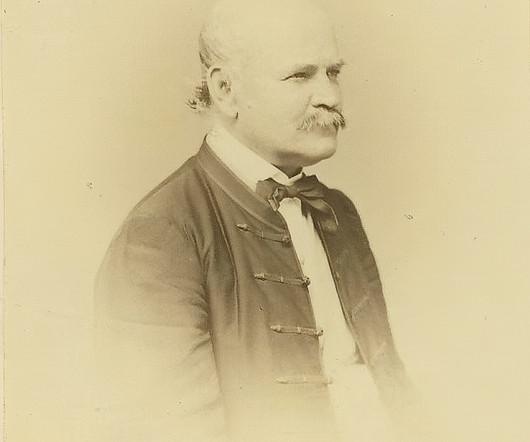






Let's personalize your content